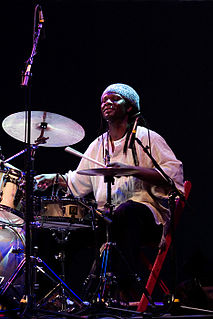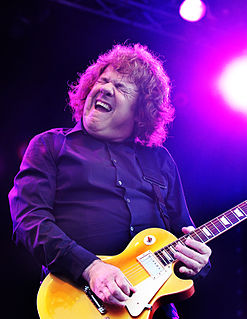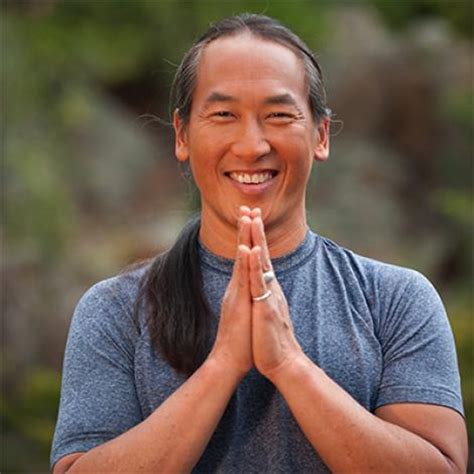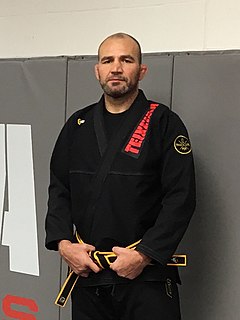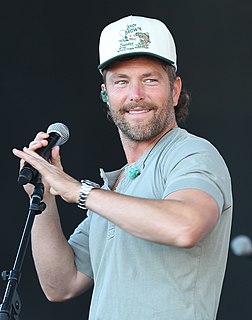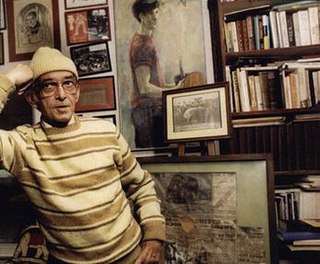A Quote by J. B. Smoove
Improv relies just as much on listening as it does you delivering dialogue. That's the hard for some people. Some people just concentrate on what they're going to say, and they're not listening. You have to listen in order to see where the other person is going to.
Quote Topics
Related Quotes
When I play with people, one of the first rules is to listen. Just by the near fact that you listen and you're open to listening, or you're listening and you're open to what this other person is doing. Also you going to be open to what you're doing and you're not going to have it like 'planned out'.
People's experiences are all different, and you don't know what the person experienced. They know, but you don't, so I think it's important to listen carefully to what a person has to say. And not to force them into any direction at all but simply to model what you've experienced, model it and also be what I call a Listening Presence. If you're really listening, then some of the barriers can dissolve or change.
Listen, there is no equality without the loss of power. Someone is going to have to lose power. That is really uncomfortable for some people to actually think about, but in order for marginalized people to gain power, white, cisgender, straight, people are going to have to lose some and that's just how it is.
Become better listeners. Practice the art of listening in everything you do. Not just listening to yourself and your body, but listening to the people around you, listening to the plant world, the animal world. Really open your ears to what's coming at you. From there, see if you can have the ability to respond instead of react. And that usually comes with listening. If the observation and the listening are deep, then your action will be deep also.
The secret is to listen, open your mind, listen to the pros. With the help of the UFC's Performance Institute, too. Listening to my coaches and listening to my body, too. Having discipline. It's not just listening, too, because sometimes people have the knowledge but don't know how to use it. You need to be able to put that to practice.
Listening is a very deep practice. You have to empty yourself. You have to leave space in order to listen especially to people we think are our enemies - the ones we believe are making our situation worse. When you have shown your capacity for listening and understanding, the other person will begin to listen to you, and you have a change to tell him or her of your pain, and it's your turn to be healed. This is the practice of peace.
If you feel like you're doing terrible in a scene, that usually means that you're not listening because you're too preoccupied with yourself... you're not listening to your scene partner. If you listen, you're naturally going to get that response that the camera's going to pick up because you just react.
Some people are natural beauties, some have great style, but sometimes it comes from talent. Take Kate Winslet: I was listening to her speech at the Golden Globes. That woman has so much intensity. She's amazing to watch and to listen to. With some people, it can even be their voice that makes them attractive.
Listening is a rare happening among human beings. You cannot listen to the word another is speaking if you are preoccupied with your appearance, or with impressing the other, or are trying to decide what you are going to say when the other stops talking, or are debating about whether what is being said is true or relevant or agreeable.
Such matters have their place, but only after listening to the word as the word is being uttered.
Listening is a primitive act of love in which a person gives himself to another’s word, making himself accessible and vulnerable to that word.

